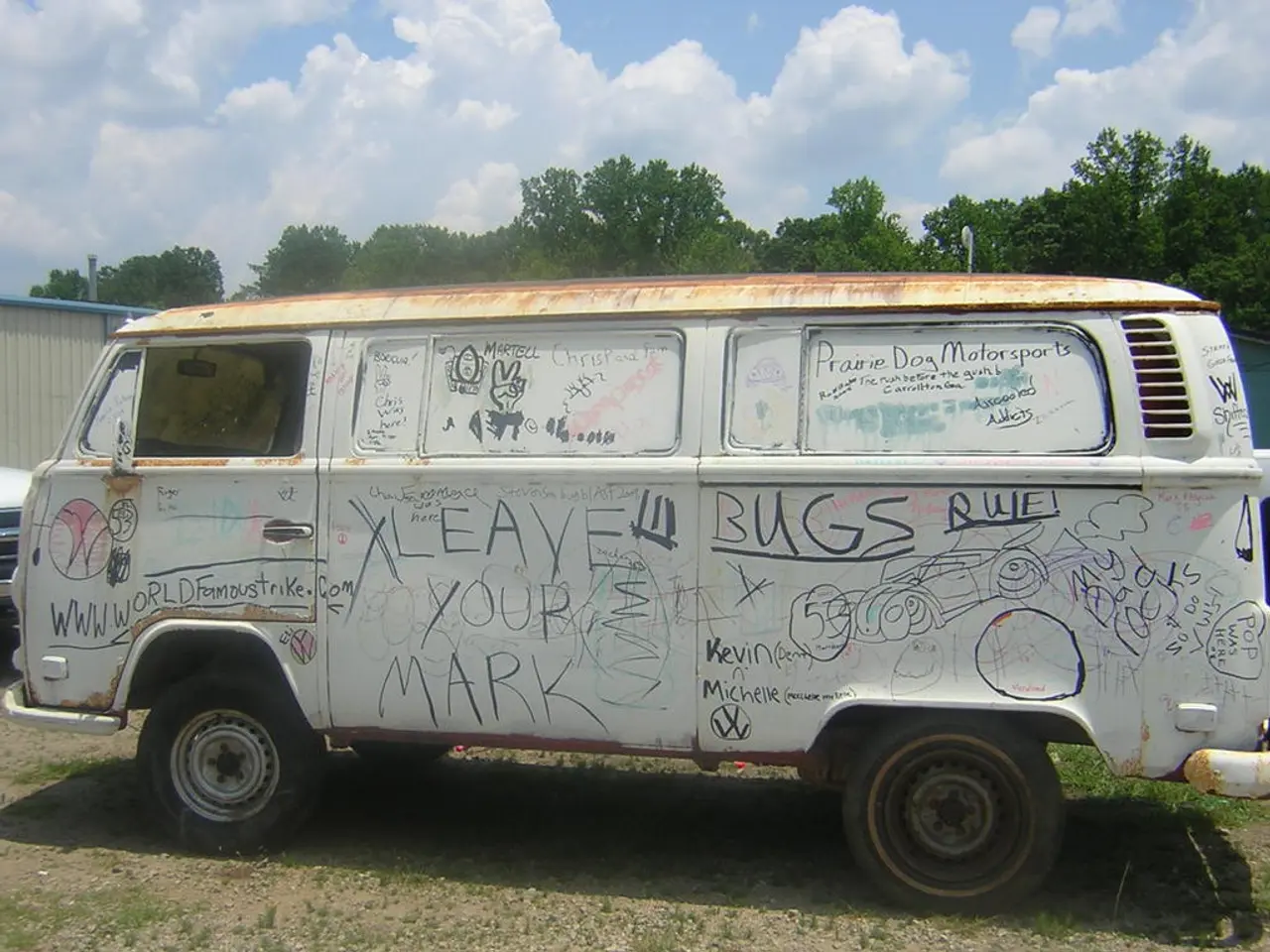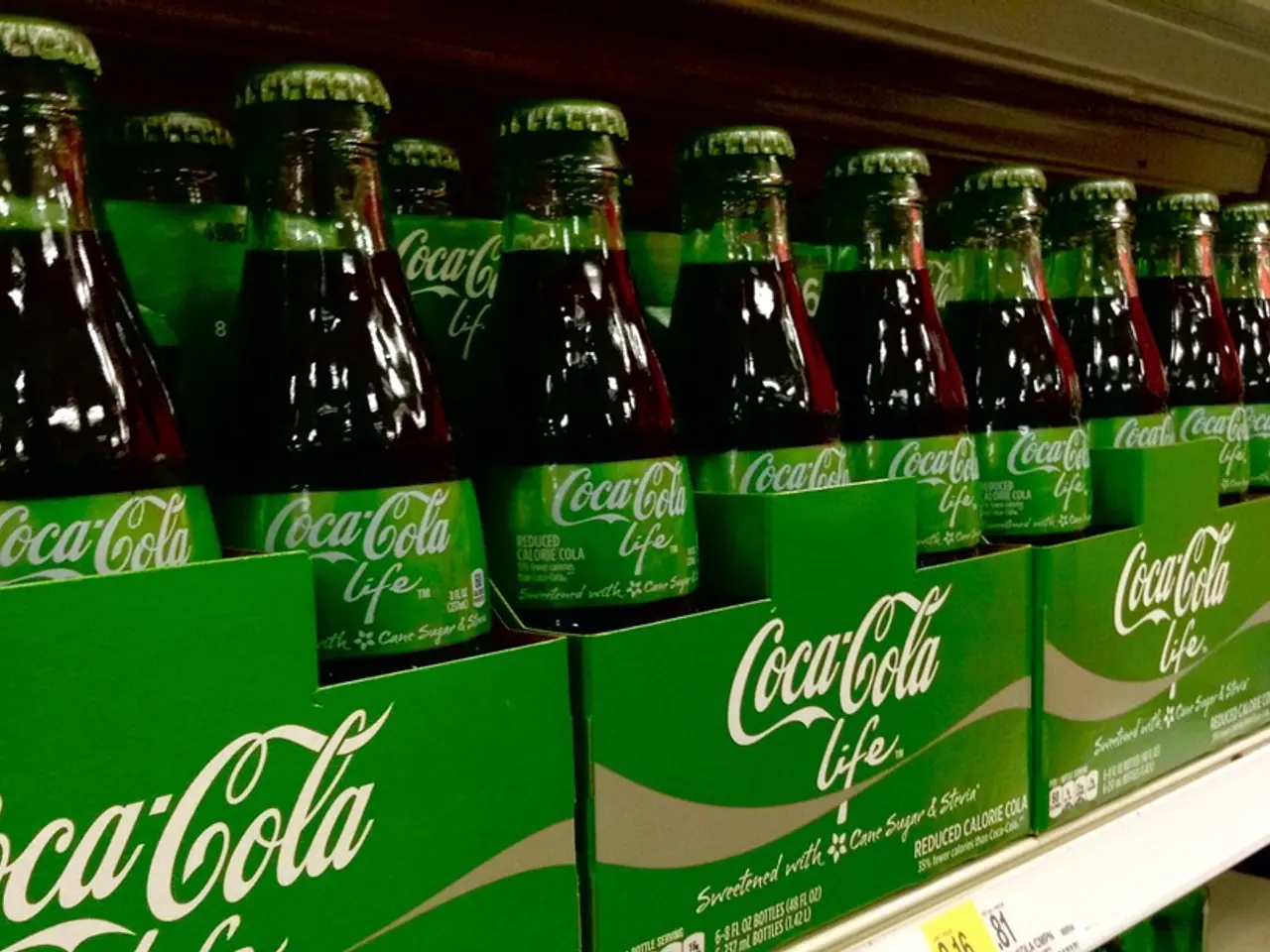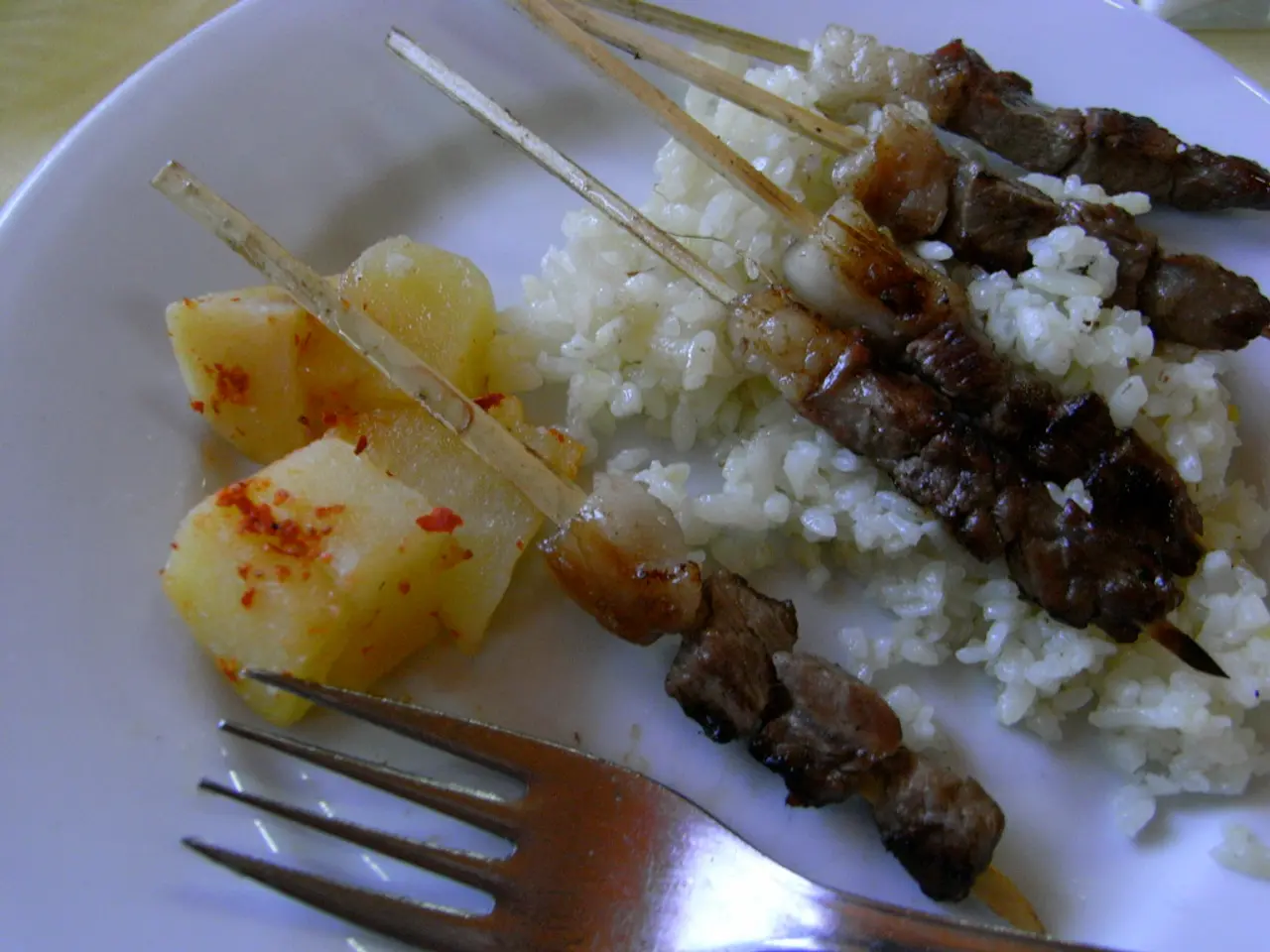Financial struggles faced by Dutch businesses amid COVID-19 and potential solutions for those grappling with financial hardship
In the face of the ongoing COVID-19 pandemic, the Dutch government and financial sector have taken significant steps to support businesses struggling with payment obligations. Here's a breakdown of some key initiatives:
1. **BMKB Scheme**: The Dutch government has opened up a rapid extension of the guarantee for small and medium-sized enterprise loans (BMKB) to help businesses meet payment obligations. Banks can extend credit faster, with the government guaranteeing 75% of loans up to €266,667 and 50% for loans exceeding this amount. The scheme is available for bridge loans and current account/overdraft facilities with a term of up to two years, and the maximum credit has been temporarily increased from €1 million to €1.5 million [1].
2. **Government Guarantee for Agricultural Businesses**: The government is working on an arrangement for agricultural entrepreneurs to guarantee their credits. Agricultural and horticultural companies can receive a government guarantee for credits, with the government guarantee being 70% or 90% depending on the loan's purpose [2]. To qualify, businesses must get the majority of their turnover from primary agriculture and be located in the Netherlands.
3. **Commercial Client Support**: Commercial clients with existing financing up to €2,5 million can receive a six-month extension of repayments from ABN AMRO, ING, Rabobank, and De Volksbank [3].
4. **Bank Easements**: ING offers easements with regard to amortization for six months for real estate clients, and a case-by-case approach for loans exceeding €2,5 million. Rabobank offers a six-month amortization holiday for loans up to €3 million, and a case-by-case approach for loans exceeding €3 million [4]. Triodos Bank offers tailor-made solutions if the measures announced by the Dutch Bank Association are insufficient [5].
5. **GO Scheme**: The Dutch government has increased the total guarantee amount for the Guarantee Business Financing scheme (GO) from €400 million to €1.5 billion in connection with the coronavirus [6]. The maximum amount per company under the GO scheme has been temporarily increased to €150 million.
6. **Additional Support for Specific Sectors**: Start-ups, companies focused on technological innovation, or companies affected by PFAS and carbon emission problems may receive additional support within the BMKB [7].
7. **Crowdfunding Support**: Crowdfunding platform October has suspended repayments on existing loans by 3 months, and microcredit provider Qredits offers bridge loans and temporary repayment postponement with reduced interest for existing customers [8].
8. **Negotiations**: In the event of immediate liquidity problems or potential breach of loan terms, negotiations with financing parties are advisable. A borrower may consider commencing negotiations for a refinancing or amend and extend if there is a concern that margins will increase for financing arrangements maturing on the short term [9].
While these initiatives provide a comprehensive response to the challenges faced by businesses during the pandemic, it's essential to note that specific information on current initiatives targeting payment obligations is not detailed in the available information. The Ministry of Economic Affairs and Climate Policy promotes sustainable and enterprising policies, encouraging innovation and economic opportunities, but it doesn't specifically mention current support for businesses dealing with payment obligations [10].
As the situation evolves, it's crucial for businesses to stay informed and seek advice from financial institutions and government resources to navigate these challenging times.
- Given the ongoing COVID-19 pandemic, the Dutch government and financial sector have collaborated to boost the BMKB Scheme, which extends faster loans to small and medium-sized businesses, with the government guaranteeing a significant portion of these loans to help businesses meet their payment obligations.
- In addition to the BMKB Scheme, the Dutch government is also offering a government guarantee for agricultural businesses, where agricultural and horticultural companies can receive guarantees for credits, with the government guaranteeing a large percentage of these loans to support business operations.



